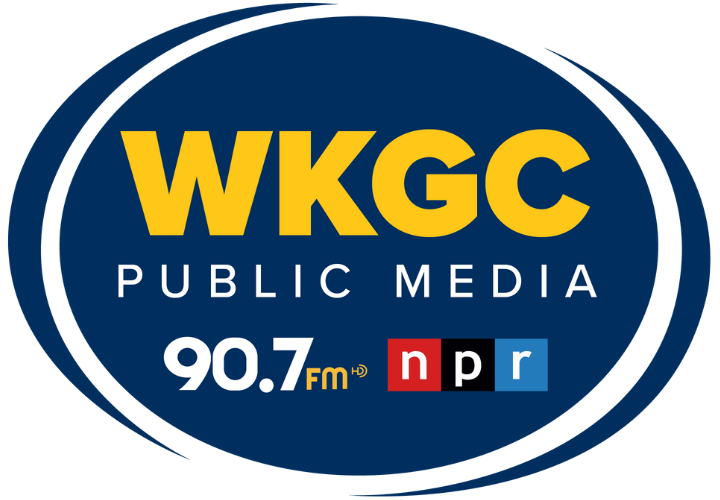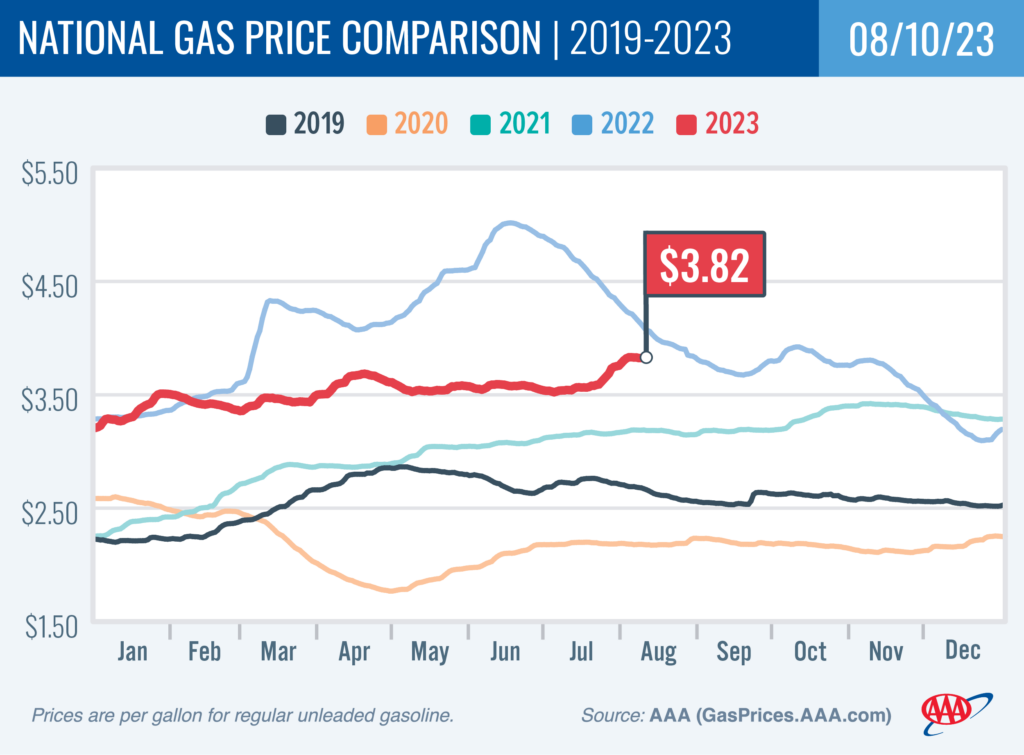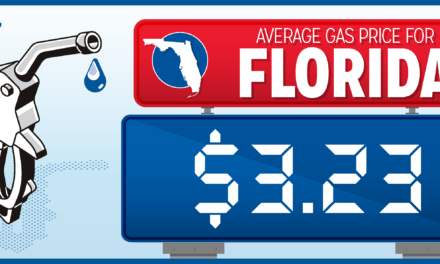
Gas Prices Languishing in Neutral: What’s the Future Outlook?
WASHINGTON, D.C. —The national average for a gallon of gas has been hovering around $3.82 for the past ten days, a noteworthy length for price stability. This lack of price movement came despite an uptick in gas demand and rising oil prices approaching the mid-$80s per barrel.
“We appear to be at a fork in the road when it comes to which direction gas prices will take – up or down,” said Andrew Gross, AAA spokesperson. “The summer heat that kept people home and suppressed refinery production has eased for now, so we have to look at the cost of oil to determine if the recent price climb is ending. More expensive oil will likely lead to higher prices, so stay tuned.”
According to new data from the Energy Information Administration (EIA), gas demand jumped from 8.84 to 9.30 million b/d last week. Meanwhile, total domestic gasoline stocks decreased from 219.1 to 216.4 million bbl. Higher demand, amid tighter supply, has helped to keep pump prices elevated. If gas demand remains high, alongside increasing oil prices, drivers should brace for increases in pump prices.
Today’s national average of $3.82 is 28 cents more than a month ago but 19 cents less than a year ago.
Quick Stats
Since last Thursday, these 10 states have seen the largest changes in their averages: Ohio (+13 cents), Arizona (+11 cents), Alaska (+7 cents), Florida (−7 cents), Wyoming (+6 cents), Idaho (+6 cents), California (+6 cents), Hawaii (+5 cents), Tennessee (−5 cents) and Kansas (+4 cents).
The nation’s top 10 most expensive markets: California ($5.09), Washington ($5.01), Hawaii ($4.77), Oregon ($4.67), Alaska ($4.46), Nevada ($4.34), Utah ($4.09), Illinois ($4.05), Idaho ($4.05) and Arizona ($3.99).
Oil Market Dynamics
At the close of Wednesday’s formal trading session, WTI increased by $1.48 to settle at $84.40. The price of oil has not been this high since mid-April 2023. Prices have increased amid market optimism that oil demand will be more robust than expected during this half of 2023 and into 2024. According to the Organization of the Petroleum Exporting Countries (OPEC), world oil demand is expected to rise by 2.25 million barrels per day (bpd) in 2024, compared with growth of 2.44 million bpd in 2023. Additionally, the EIA reported that total domestic commercial crude inventories increased from 439.8 to 445.6 million bbl.
Drivers can find current gas prices along their route using the AAA TripTik Travel planner.
Angela Small
Radio Production Assistant















